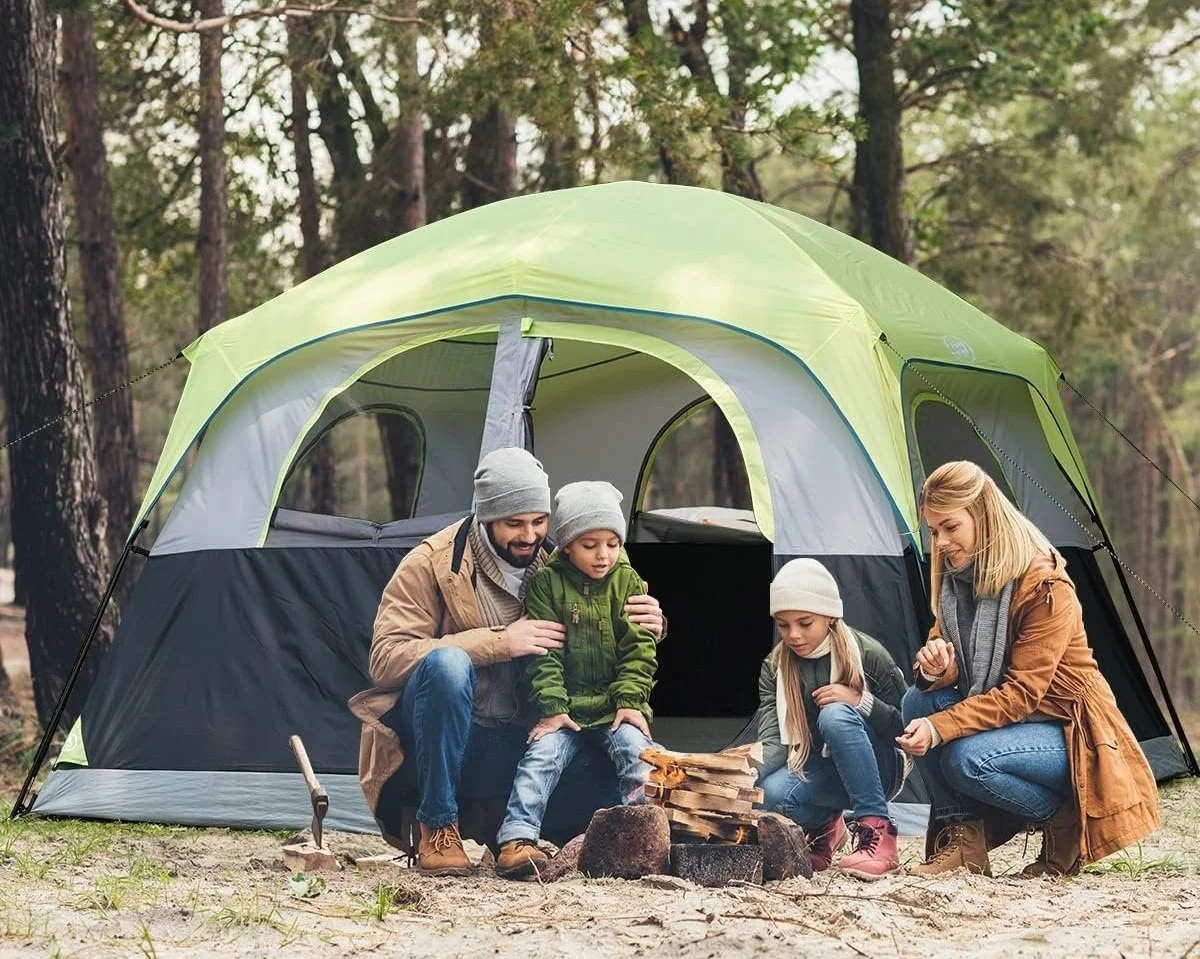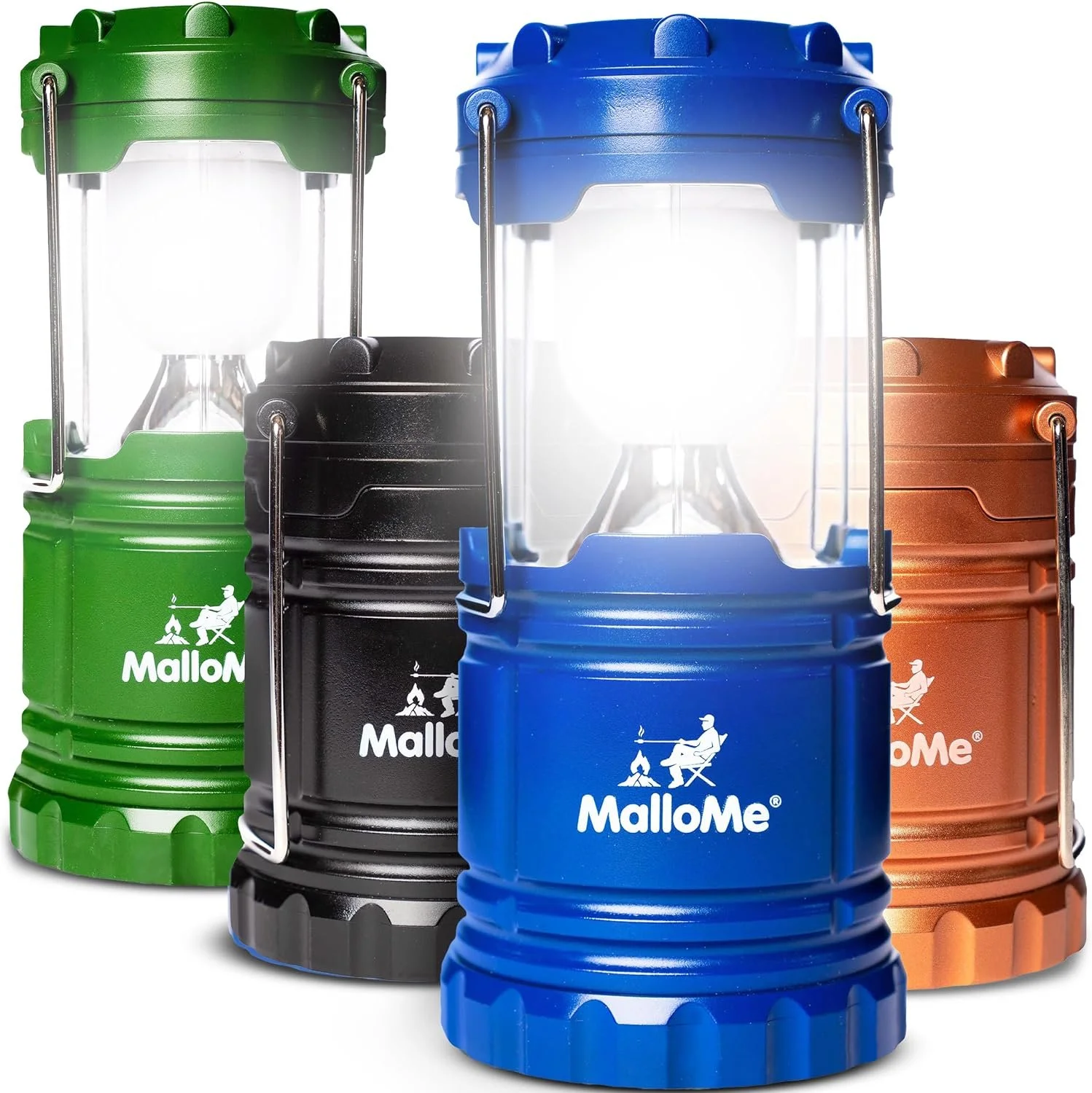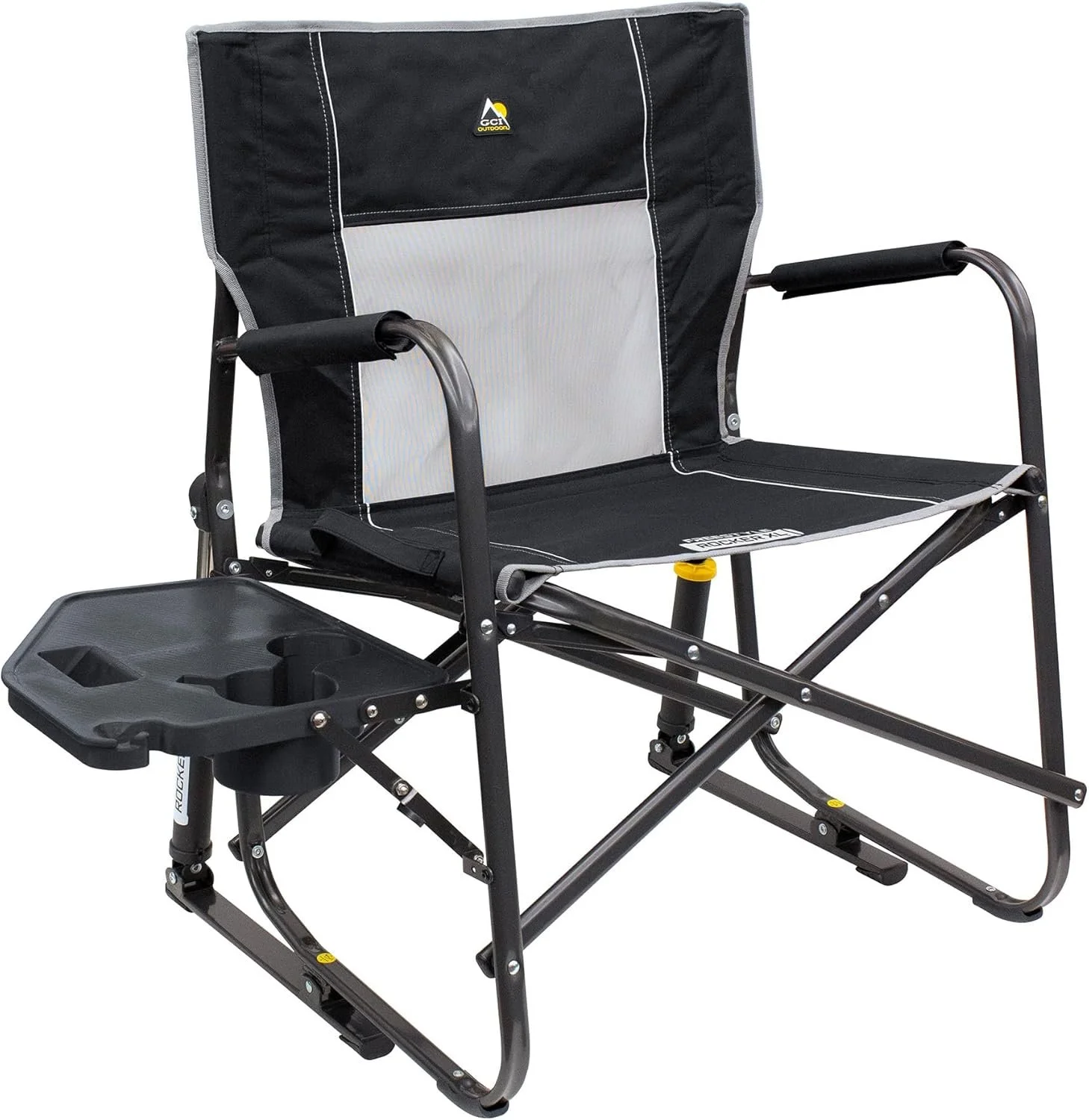Camping Gear for Beginners: 10 Essentials You Actually Need
Starting your camping journey can feel overwhelming, especially when you're faced with endless gear options and advice that seems made for pros who live off the grid. But don’t worry. You don’t need to spend a fortune or overpack your car to enjoy your first night under the stars.
Here are 10 camping essentials that actually matter—no fluff, no filler—just the basics to help you stay comfortable, safe, and ready for adventure.
1. A Reliable Tent
A good tent is your home away from home. Look for something easy to set up, weather-resistant, and appropriately sized (2-person tents are often snug, so size up if in doubt).
Pro Tip: Practice setting up your new tent in your backyard before you hit the campground. Not only does this give you a dry-run in setting it up; you’ll know you have all the pieces needed to set it up at camp.
2. A Sleeping Bag That Matches the Weather
Skip the bulky hand-me-down from the garage. A sleeping bag rated for the lowest nighttime temp you’ll encounter is a game-changer. Look for something lightweight but warm—especially if you’re camping in early spring or late fall.
3. Sleeping Pad or Air Mattress
Even the best sleeping bag won’t save you from a rough night on cold, uneven ground. A foam pad or inflatable air mattress makes a massive difference in comfort—and warmth.
4. A Light Source (That’s Not Your Phone)
Flashlights, lanterns, or headlamps are must-haves. You’ll thank yourself when nature calls at 2 AM and your phone battery is dead.
5. Basic Cooking Gear
If you’re not ready to go full camp chef, that’s okay. A portable stove, a pot or pan, and utensils are enough to boil water, make simple meals, and brew coffee.
6. Food and Water Supplies
Keep it simple. Think pre-prepped meals, canned goods, or easy-to-cook options like pasta, rice, or foil packet meals. Don’t forget a cooler, water jugs, or a water filter if you’re heading somewhere without clean water access.
7. First Aid Kit
Even a small kit with bandages, antiseptic wipes, tweezers, and pain relievers can come in handy. Customize it based on your personal needs (inhalers, allergy meds, etc.).
8. Weather-Appropriate Clothing
Layer up! Weather can shift quickly outdoors, so having a rain jacket, insulating layers, and dry socks is key. Avoid cotton—it holds moisture and makes you cold fast.
9. A Cooler or Food Storage
Even if you’re only bringing sandwiches and snacks, you’ll want to keep them fresh (and critter-free). A hard-sided cooler or bear-proof container may be required depending on where you’re camping.
10. A Camping Chair
It’s not a necessity… until you’ve sat on a rock for two hours. A lightweight, foldable camping chair brings a lot more comfort than you might expect.
From the Campfire Circle
You don’t need a truckload of gear to enjoy your first camping trip—just the right essentials to stay warm, fed, and comfortable. Once you get the basics down, you can upgrade and add gear that fits your style of adventure.
If you’re just getting started, keep it simple and focus on learning as you go. The best camping trips are rarely perfect—but they’re almost always memorable.



